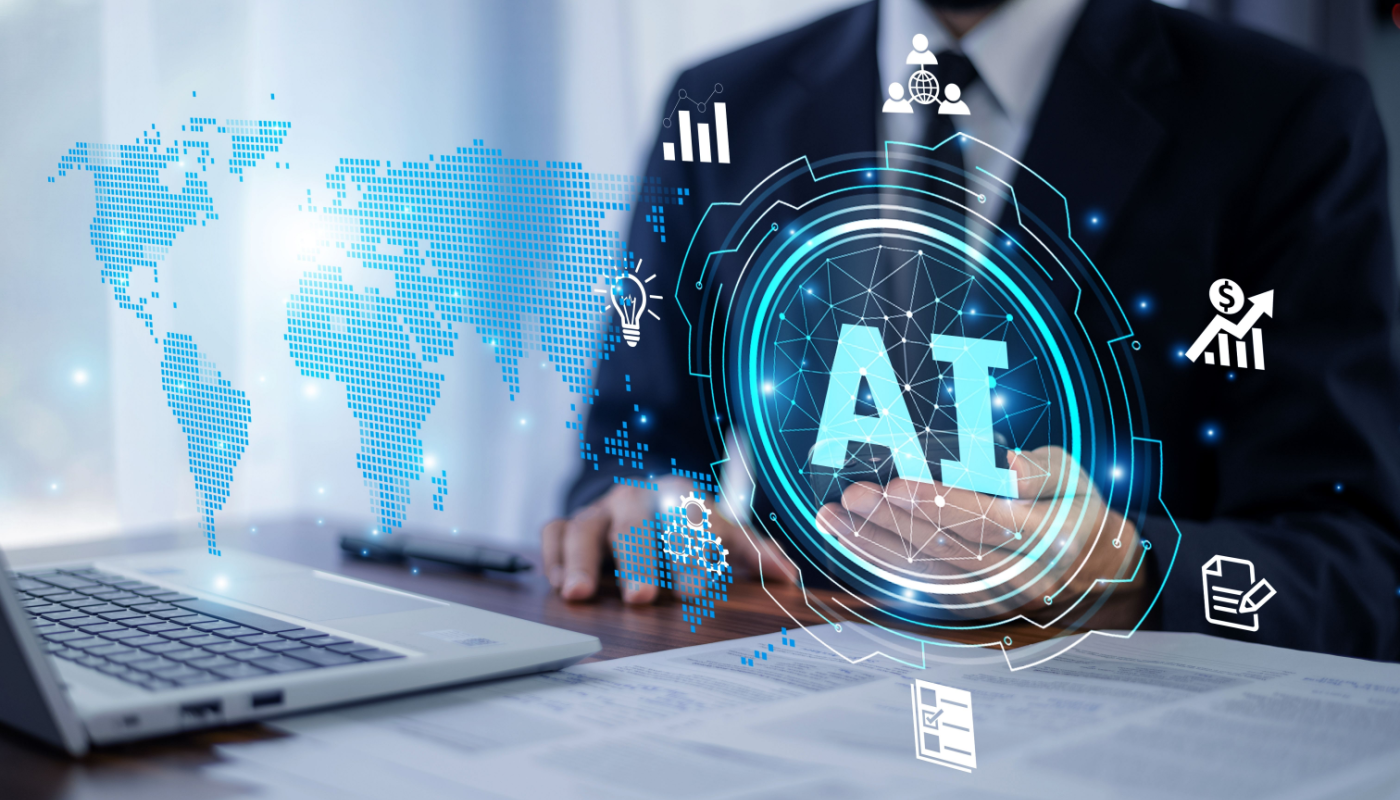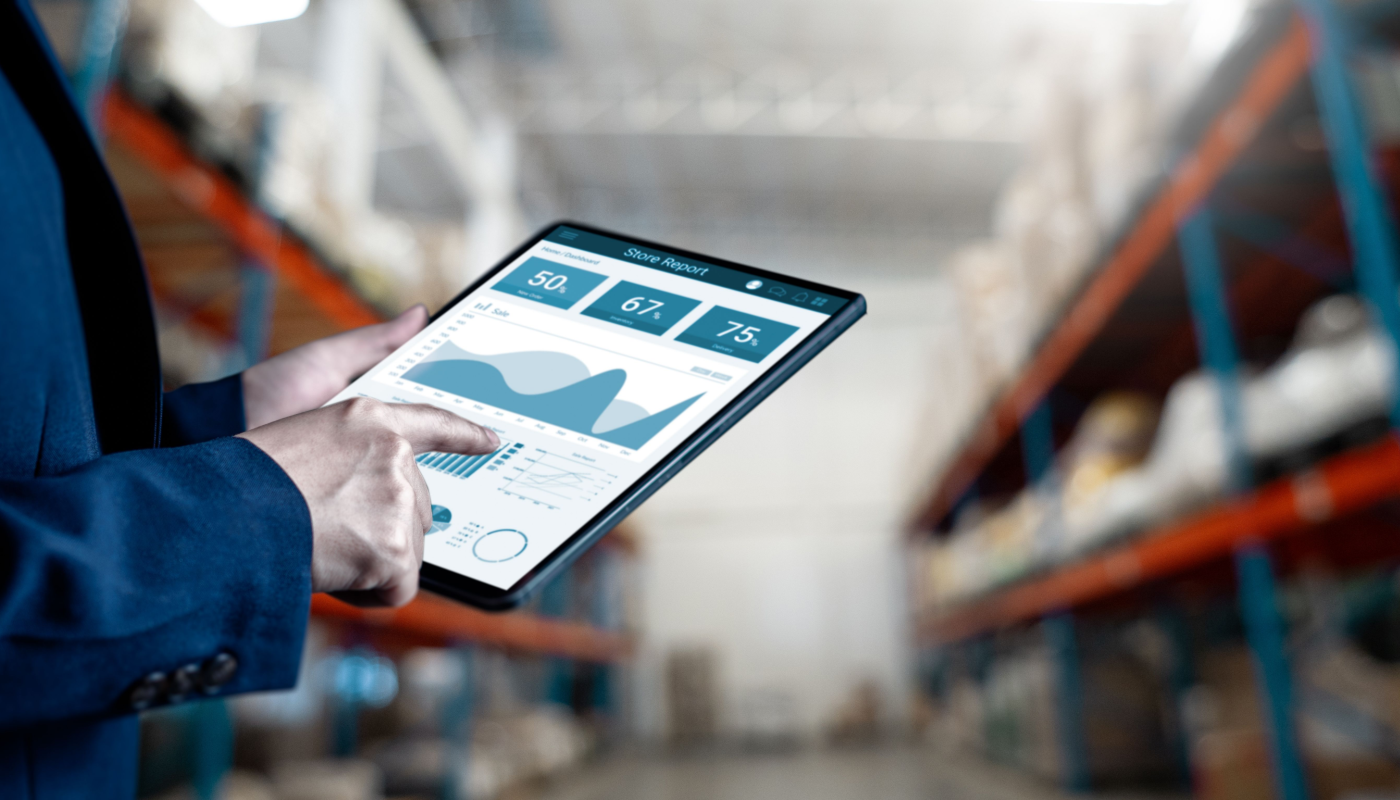
Artificial Intelligence (AI) has been making its rounds in world news for the last few years. With considerable advancements in the field, the concept of AI has garnered its share of fans and critics alike. While many believe AI is the next step in the industrial revolution with its potential for complete automation and an error free process, there are a few (notably Elon Musk) who believe AI advancements must be regulated to ensure that we do not risk security and safety for comforts and profits. Like it or not, AI is slowly creeping into our day to day lives with the devices we use. So it’s not a coincidence that the manufacturing sector has taken notice of the phenomena and have started making investments in AI to improve business and supply chain processes.
What is Artificial Intelligence?
Artificial Intelligence is the intelligence exhibited by machines which closely resembles a human mind’s free thought rather than procedural intelligence. Basically, when a machine makes its own decisions to achieve a set goal, we call it artificial intelligence. AI can be classified in the fields of software programming, robotics, transportation, and image recognition, among others.
As Gartner Analyst, Noha Tohamy, explained at the recent Gartner’s Supply Chain Executive Conference, AI is divided into 2 categories:
- Augmentation: AI which assists humans with their day-to-day tasks, personally or commercially without having complete control of the output. Such Artificial Intelligence is used in Virtual Assistant, Data analysis, software solutions; where they are mainly used to reduce errors due to human bias.
- Automation: AI which works completely autonomously in any field without the need for any human intervention. For example, robots performing key process steps in manufacturing plants.
How will AI change the traditional methods of supply chain?
Major companies like Siemens and Amazon have already begun implementing AI into their supply chain systems. While the majority of AI is primarily in robotics, software that fully monitors the complete supply chain from production to delivery have begun to come into play.
There are multiple advantages to using AI in the supply chain:
- Streamlined Process:
- Near perfect Planning:
- Market Shaping:
- Faster & Accurate Transportation:
If AI oversees the handling of the entire supply chain process, it can learn to adapt to changing scenarios. By using historical data and trends, it will be able to streamline every aspect from demand to inventory to supply in order to best meet the needs of the market. This would be done with minimal human input, saving time and reducing errors due to the incomprehensibility of data. Also, due to vast memory options available, the AI would literally be able to learn from past mistakes and ensure risk-free paths are undertaken.
While usual supply chain planning involves sticking to certain parameters of data because of data limitations, AI would not be hindered by this issue. By using infinite sources of information at once, it would be able to alter the demand schedule depending on a variety of continuously varying trends such as weather, the stock market, traffic, etc., within a minimal time and near zero error rate.
What can you do when you have near infinite knowledge of the past, present and future? Make the perfect products of course. By using continuous feedback from customers alongside all possible sources of information, AI can not only assist in the supply chain process but also be Product designers. The product designs would be linked to various production elements such as Raw Materials quantity, lead times, and so on, ensuring the most optimal design parameters.
[Read more: What is Blockchain Technology Worth to Your Supply Chain?]While we’ve mainly discussed the data crunching aspect of AI, it can also be used in mechanical processes. Apart from production machinery, AI can be used to optimize transportation as well. Automotive and tech companies such as Tesla and Google have been delving into the concept of driverless cars for a few years now, with impressive results. If such a technology can be come fully developed, it will be the driving force in Product transportation and shipments. To improve accuracy, decrease lead times, reduce transportation and human labor costs.
There are quite a lot of companies who have already explored the use of AI in supply chain. Amazon has been investing in smart drone tech for its delivery. Siemens has developed AI robotics which allows it to run its production factories overnight without any human intervention required.
Artificial Intelligence is truly taking over the business and manufacturing world, and it’s probably the right time to take a closer look at how AI can affect your supply chain. Arkieva’s keeping an eye out for you, just in case. Do you think there are any disadvantages to using AI in the supply chain? Comment, share and as always, watch this space!
Enjoyed this post? Subscribe or follow Arkieva on Linkedin, Twitter, and Facebook for blog updates.





